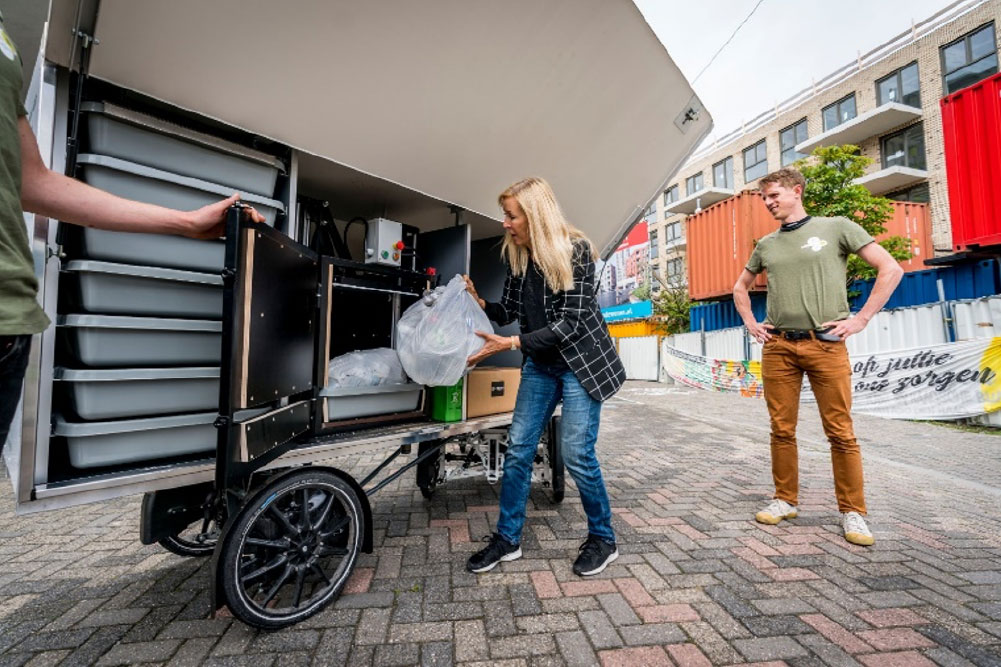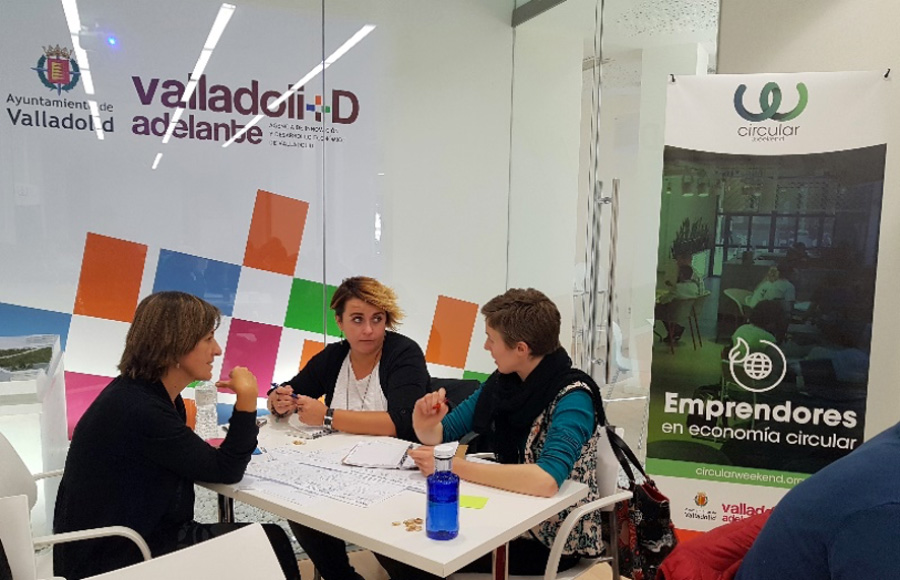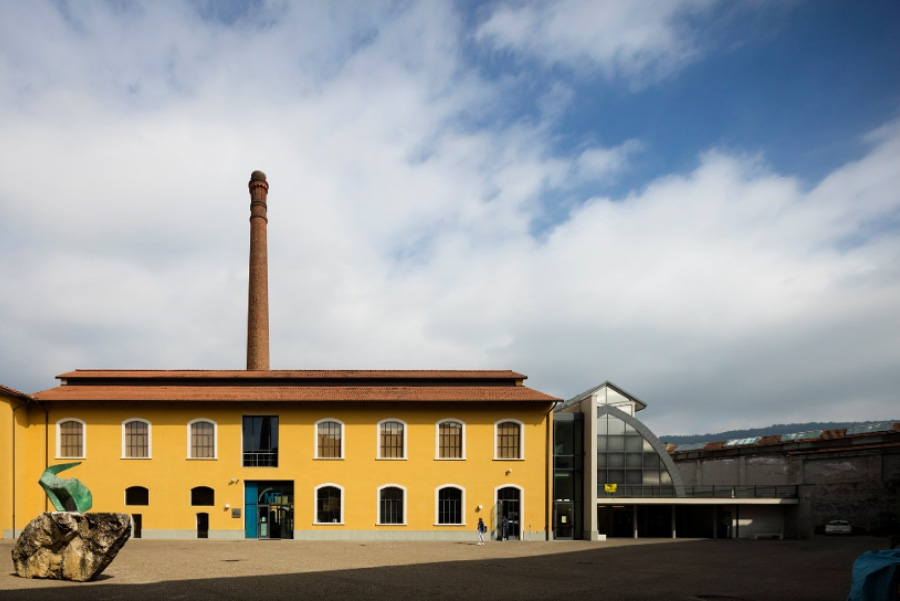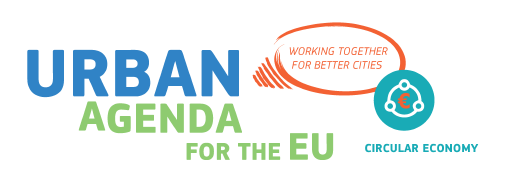European Structural & Investment Funds (ESIF)
The European Structural & Investment Funds (ESIF) for the period of 2014 to 2020 consisted of five EU funds that invested in growth, job creation, and a sustainable and healthy European economy and environment:
- European Regional Development Fund (ERDF)
- Cohesion Fund (CF)
- European Social Fund Plus (ESF +)
- European Agricultural Fund for Rural Development (EAFRD)
- European Maritime Fisheries and Aquaculture Fund (EMFAF)
For the 2021 – 2027 programming period, the European Commission foresees a simplification of these funds and is expected to focus on the following thematic objectives:
- Smart Europe (innovation, digitalisation, and support for SMEs);
- Green Europe (carbon free economy, implementation of the Paris Agreement, and renewables);
- Connected Europe (strategic transport and digital networks);
- Social Europe (social rights, quality employment, education, and social inclusion);
- Citizens’ Europe (support to locally-led development strategies and urban development).
In a response to the coronavirus outbreak, a crisis repair initiative was launched under the name Recovery Assistance for Cohesion and the Territories of Europe (REACT-EU). The REACT-EU fund includes €55 billion of additional funds that will be made available via the ESIF funds. More information on REACT-EU and its relevance for Circular City initiatives can be found here.
The European Commission allocates the budget of the five funds to the EU Member States, which in turn deploy ESIF resources through Operational Programmes, which are managed at national and/or regional level by appointed Managing Authorities (MA).
What is the relevance for Circular City initiatives?
ESIF focusses on innovation, sustainability and (regional) economic development. This means that the funds emphasise the importance of promoting the growth of the economy while stimulating eco-friendly innovation and sustainable growth. This includes circular initiatives and solutions. Especially the Cohesion Fund, the European Regional Development Fund, the European Social Fund Plus, and the new REACT-EU package can play an important role in funding the circular transition.
How to apply?
The different funds have their own application processes. In general, however, organisations can apply for project funding through the managing authorities in their country or region. Find out more about regional policy in your own country here ![]() .
.






